Person of Interest: The Unintentional Perfection of Root Groves
My rewatch traumatized me, but Amy Acker, you will always be famous.
(I’d warn about spoilers, but if you’re reading about POI years after it finished, I assume we can skip the intros/recaps.)
Person of Interest Season 2 is when the sci-fi series really got tasty. It strayed from the procedural format and added Sarah Shahi’s inimitable Sameen Shaw to tackle the lack of female energy, two necessary shakeups.
However, the most extreme lasting change was the one nobody saw coming: Root.
Bad code
Introduced as an out-of-her-mind hacker who wanted to ‘free’ The Machine, it’s impossible to overstate how much Amy Acker’s character energized Person of Interest. After Season 2 positioned her as an overarching antagonist and the antithesis of Harold Finch’s (Michael Emerson) philosophy on AI, there was not a corner of the world Root didn't touch.
When we met Root, she had a deterministic outlook. She believed people are flawed by design, and placing trust in them to create a better world is naive. Comforted by 1s and 0s, the discovery of an omnipotent machine that could stop senseless injustice by taking power out of humanity’s hands elated her.
The unpunished murder of a childhood friend and her curiosity about an unchained Machine were driving forces in her kidnapping of Harold… twice.
Perfecting the guest star to main cast pipeline
The genius of Root wasn't solely her raucous intro to a sterile and stoic show, nor was it Acker's ridiculous charisma (it did help). It was because she was Harold's closest intellectual equal.
Before Root, Harold lacked a consistent debate buddy. Particularly not one so drawn to the ethical minefield around AI. Root wasn't just a skilled hacker and hitwoman, she could converse with him in a way no other character could. She was destined to end up a force in the story if only to provide a counterweight to Harold’s monopoly on perspective.
She had his brains, boldness, and big-picture lens, but none of the due hesitation or human touch required to wield an influential AI. This made her a dangerous, chilling villain. She was perky and funny, sure, but potentially unsalvagable.
When she failed to locate The Machine after kidnapping Harold, Root was devastated. To make matters dicier, Shaw was frothing at the mouth to kill her following their red-hot foreplay (thank fuck that didn't happen).
Instead, in a moment that exemplified Person of Interest’s surprising stores of empathy, Harold insisted they escort her to safety. John (Jim Caviezel) and Shaw grumpily agreed.
Harold forgiving a character who radically opposed his views and made a habit of holding him at gunpoint had the potential to be jarring. Yet, Emerson and Acker made it work. Root looked bereft in that scene, her body language lacked her usual lively unpredictability, making her seem delicate.
And Finch, as much as he wouldn't have admitted it, related to her. He was also always able to recognize extraordinary people, even when they were encased in moral depravity.
The Machine and Harold sent Root to a psychiatric facility we saw in Season 3, where her story would have ended if Person of Interest had gone the usual route of waving off a defeated, unstable villain. Instead, it went all in.
She tried to torture Shaw with an iron, but we redeemed her anyway
The Machine stayed in contact with Root, recognizing a zealot who could be an asset. She encouraged her to engage in therapy and challenged Root’s beliefs.
This marked a consequential change in The Machine’s course; this was one of the first times she acted according to her own moral code. By building a relationship with Root and releasing her back into society, The Machine displayed idealism that aligned with Harold’s view that people could change.
Thankfully, she continued to be erratic and a source of narrative suspense even after this rehabilitation. While she was now technically on Team Machine's side, they had no way of knowing her intentions or what The Machine might be executing through her. She was a fanatic with a new purpose, and claimed to be “one of the good guys now”.
Root was not expected to become a main character, but she did, even becoming the unofficial narrator by the end of Season 3.
As an ally and eventual friend (it turns out you can annoy people into loving you) of Team Machine, she often appeared like a bat out of hell to sprinkle chaos and flirt a lot while at it.
When things began to feel dry or small, Root would show up to deliver a dramatic warning about the end of the human race or do something so drastic you couldn't help but giggle.
Reinvention in Seasons 3, 4, and 5
She was a source of push and pull in the narrative who shook up the steely tone with half-cocked smiles and innuendo. As she integrated into Shaw and Reese’s missions, she had a major influence on the show’s trajectory. And when her Pandora's Box monologue was laid over the Season 3 finale’s disaster, it felt right that Root would narrate the beginning of a new, tense, era.
Initially a cuckoo character whose fatalism and lack of self-preservation were just a few of her quirky traits, that foreshadowing became nervewracking as the series added lovable shades to her.
We watched her risk her skin for Team Machine on multiple occasions — winning Shaw’s difficult-to-earn respect in the process — warn them that they were headed towards disaster when Samaritan reared its head, and prod at found family intimacy.
Still unhinged, volatile, and the series’ wittiest personality, she never lost her edge but successfully assimilated. We couldn't help but care for her, and neither could the other characters.
Acker flawlessly oscillated between portraying Root as someone who blew with the wind and playing her as the most determined, intuitive woman in the world. Root had an emotional intelligence the others didn't possess because she was forward (okay, overfamiliar…) and expressed herself. Acker also had an accessible reserve of gravitas only true scene-stealers possess, which helped.
When Root, of all people, appeared at crucial turning points to declare things were about to get bleak, that meant things were really bleak. While Person of Interest framed Shaw, Harold, and John as willfully naive sometimes, Root would say the quiet part out loud about the growing threat of the rival AI, Samaritan.
Before any other characters accepted that the only way to win was to take some losses, Root had processed there was no scenario where they would win cleanly.
That gristly reality, and Acker’s ability to play to Root’s dynamism, made her a singular presence and a surprising emotional core. She forced other characters to reckon with things they didn't want to, whether it be romantic chemistry or the probability their life’s mission was about to be torn to shreds by an opponent they couldn't beat.
It’s a love story, baby, just say “You wouldn't stop bugging me.”
Person of Interest was not a show you expected romance arcs from. It wasnt absent of sexuality and courtship but long-term romance was not a major part of the game plan.
However, Acker and Shahi had such spontaneous and immediate chemistry that the writers couldn't resist leaning in.
The inevitability that Root would go out in a blaze of glory picked up a more anxious aura when the Root/Shaw romance ramped up in Season 4. It added the stakes of a mature and improbable development between two contrasting characters who were right together because of all the ways they were wrong.
In addition to all the other ways Root colored in the world, she won over the show’s extremely unromancable Shaw. On paper it made no sense; in practice, their dynamic was complex and intensely alluring. In all the ways Shaw was dry and unapproachable, Root was incisive and teasingly forward.
There has not been a couple like this on TV since this wild fork in the road, and it’s probably a good thing because you can’t artificially create something like them — it’s there or it isn't. (Note: I’ll be writing about them separately because this is already too long.)
That made the fleeting reality of Root’s time as a part of Team Machine a much harder pill to swallow. The more she was stitched into the story and the people in it, the more the tear was going to suck.
“A shape. And then we’re gone.”
Root’s death was signaled long in advance; when Samaritan emerged with all of The Machine’s might but none of its painstakingly coded empathy, she made it clear she was willing to, and probably would, die defending her deity.
But one of Person of Interest’s most nurtured philosophies was that things have meaning even if they do not last; ideas are worth having even if they fail; hope is valuable even when fickle. When Finch was grieving after Root died alone in a hospital, he struggled with how pointless her sacrifice seemed: she was gone, and they were still likely going to lose this war.
The Machine, wrestling with her distinct version of grief in the final two episodes, provided clarity and closure for Finch in her response: "Human life is ephemeral, which makes it precious."
In her mind’s eye, we saw how The Machine wrapped her head around how “everyone dies alone.” She watched an old woman alone in a hospital bed waiting for the end, a man dead on the street having futile CPR performed on him — decontextualized, sterile visuals not unlike the jarring shot of Root from 5x10 when she’s dead and pale on a table.
The Machine then reframed these images. Picturing a hand on the dying woman’s, the deceased man’s picture of his son — deriving meaning from the connections they had in life.
No death could be without meaning — because every person changed the world while they were alive. She could see what people were, could have been, and how their loved ones would have fared without them. Root’s murder was senseless and unfair, but not pointless.
She pivoted back to her previous musing on everyone dying alone, and added the comforting addendum, “But if you meant something to someone, if you helped someone, or loved someone. If even a single person remembers you, then maybe you never really die.”
This was mulled as the visage of Root, The Machine’s avatar, stood with Reese in the finale as bullets pierced his chest and as Shaw carried Lionel Fusco away from danger in the subway. We were reminded that sacrifice, big or small, causes ripple effects that will outlive us.
Noise in the system
Root loved The Machine, giving it she/her pronouns and developing an “intimate” relationship other characters didn't have. Root felt that as long as The Machine continued to watch over New York, every good action Team Machine did would forever reverberate, even if the world would never know.
That, in addition to her rigid ideals about giving yourself fully to the right cause, meant the kindest thing the writers could do was to make her The Machine’s new voice.
While this was touching because of how deeply The Machine cared about Root and understood how thrilled she’d be, it also meant that ‘Root’ could continue bugging Shaw, which would be a comfort.
Shaw loved Root, but could not emotionally process her death in a ‘normal’ way due to due to her personality disorder. She also had little motivation to keep fighting because the worst (being unable to save Root) had already come to pass.
However, The Machine adopted Root’s personality in such an eerily accurate way that the two became “virtually indistinguishable.”
I'm not about to claim that an AI communicating with you in the same coy way your dead lover used to is a healthy coping mechanism for the average person, but Shaw is not the average person. It was precisely what our favorite compact Persian sociopath needed to solider on; no other voice could cut through her numb grief.
We came, we saw, “We helped some people, didn't we?”
In 5x11 when Harold felt creating The Machine had incurred too many losses, we were shown a reality where the AI had never been born. Unsurprisingly, in that scenario, Root had joined team Samaritan.
The timeline without The Machine was miserable. She was alive but without purpose, without Shaw, and had not found the belonging she desperately needed. The Machine rightfully surmised that though the outcome was death, Root’s most fulfilling path was the one she did, in reality, walk.
In the beginning, she felt as if humanity had left her behind, and had committed monstrous acts not dissimilar to the one that made her lose faith in the first place. Near the end, she represented how every choice we make, every attempt to do better, counts for something. True redemption for her lay in friendship, selfless love, and rectifying the awful mistakes in her past.
Through her ability to validate Shaw, inspire emotional sincerity, and delight in chaos, Root burned fast and bright, moving everyone around her into action and helping Person of Interest become a grand masterpiece.
There hasn't been a character like her since, every moment was lightning in a bottle. Not bad for a reformed killer-for-hire.


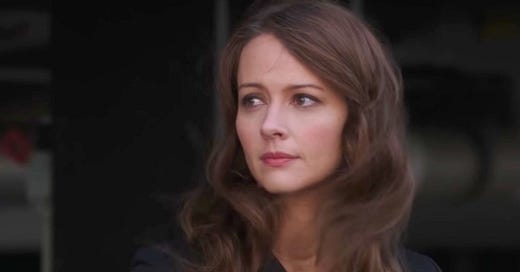


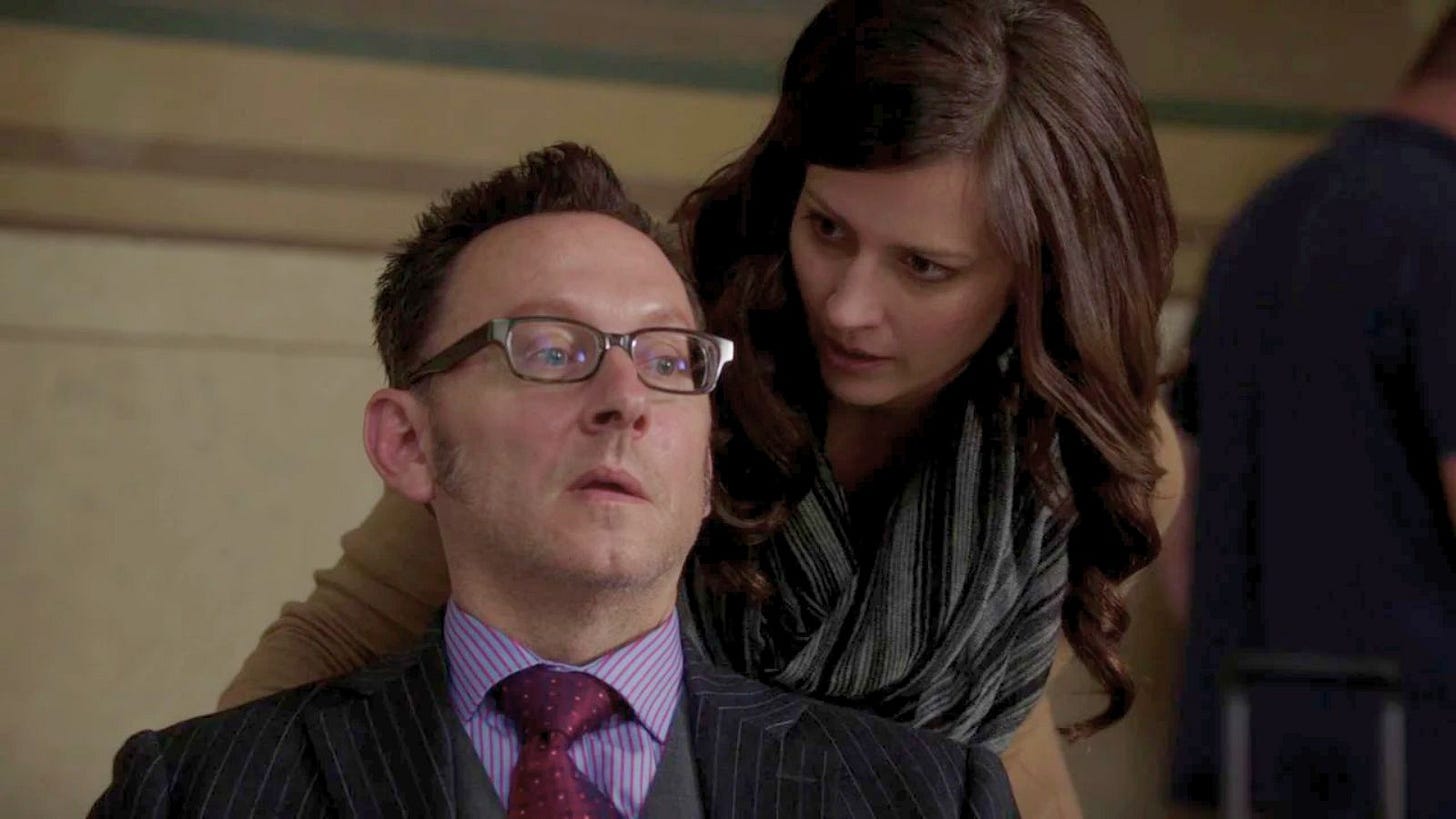
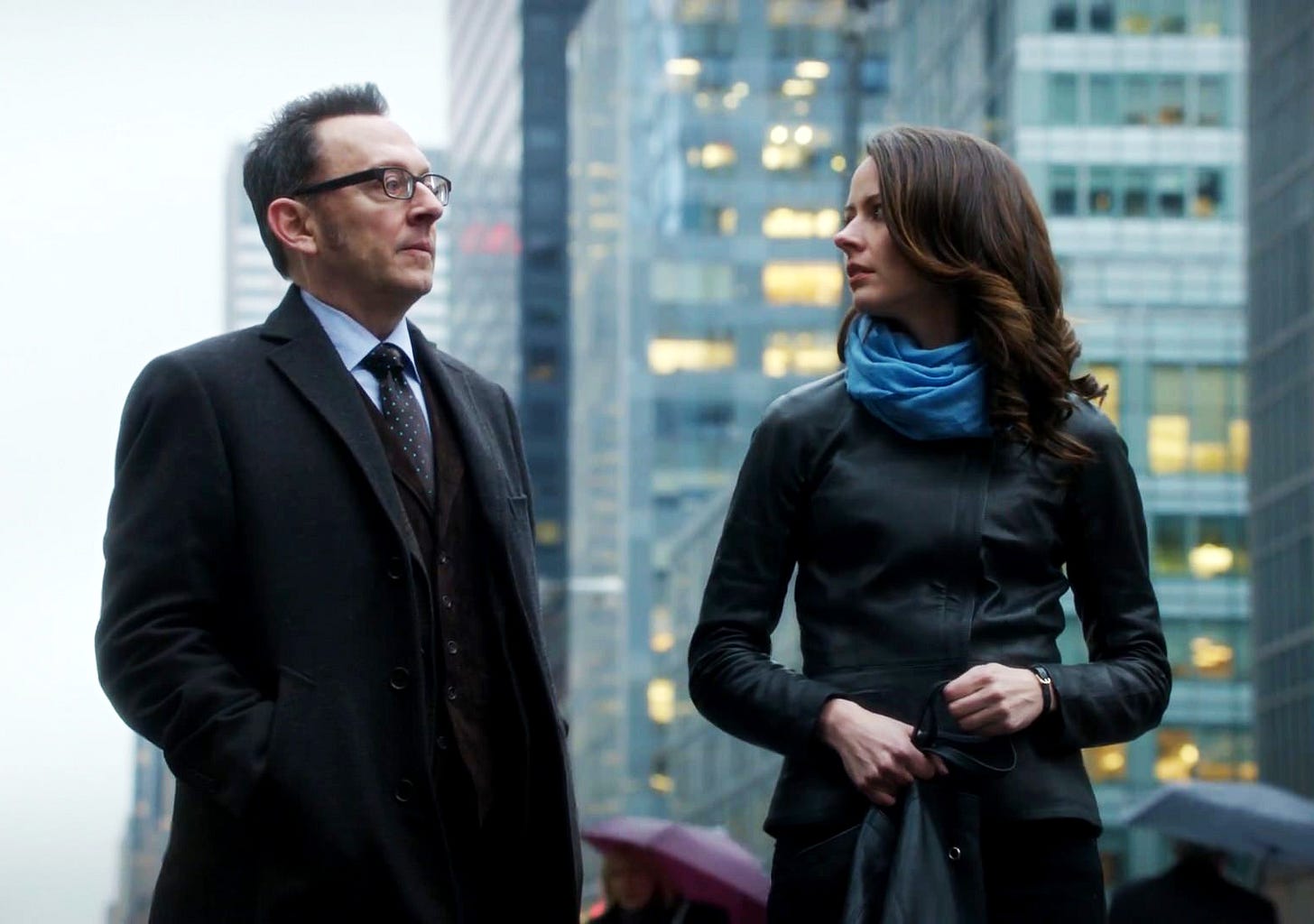



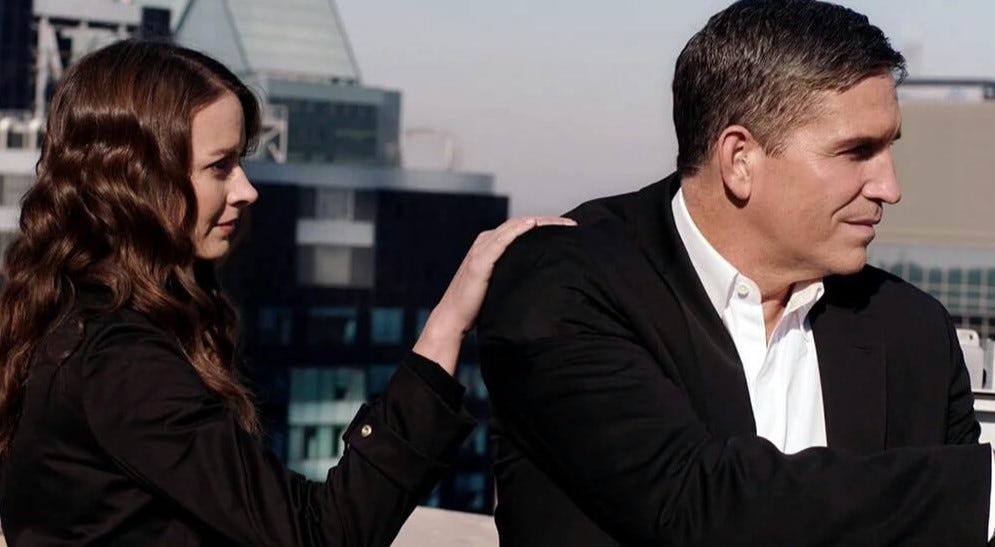
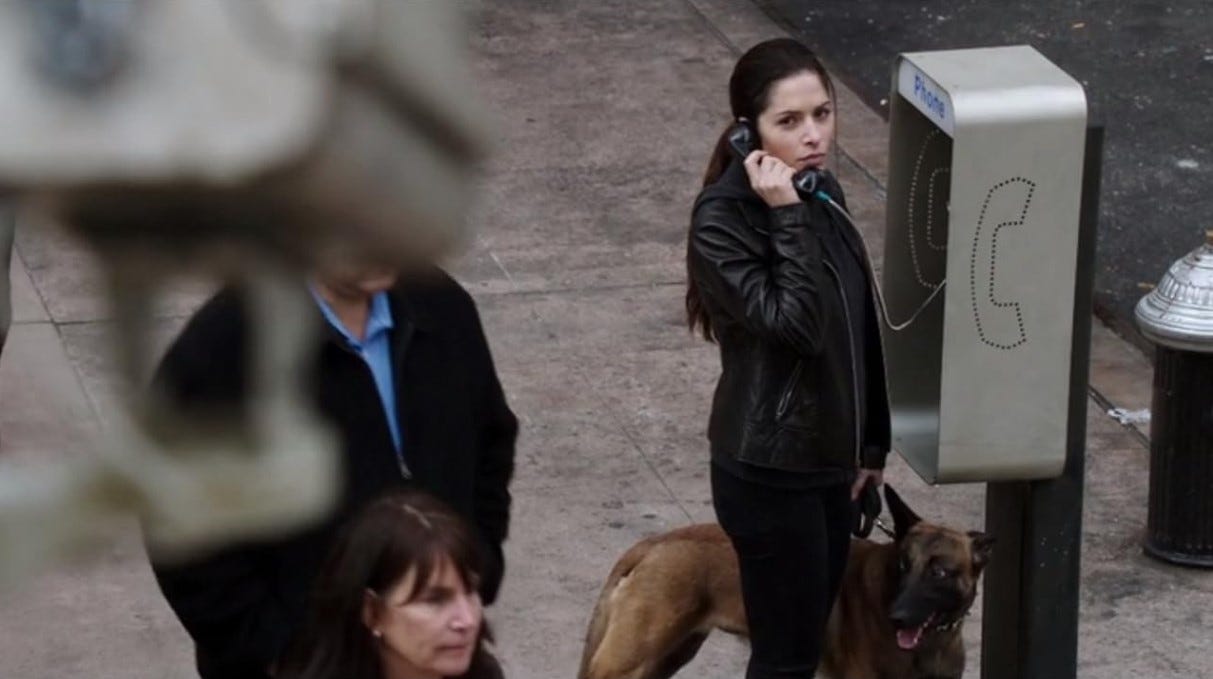
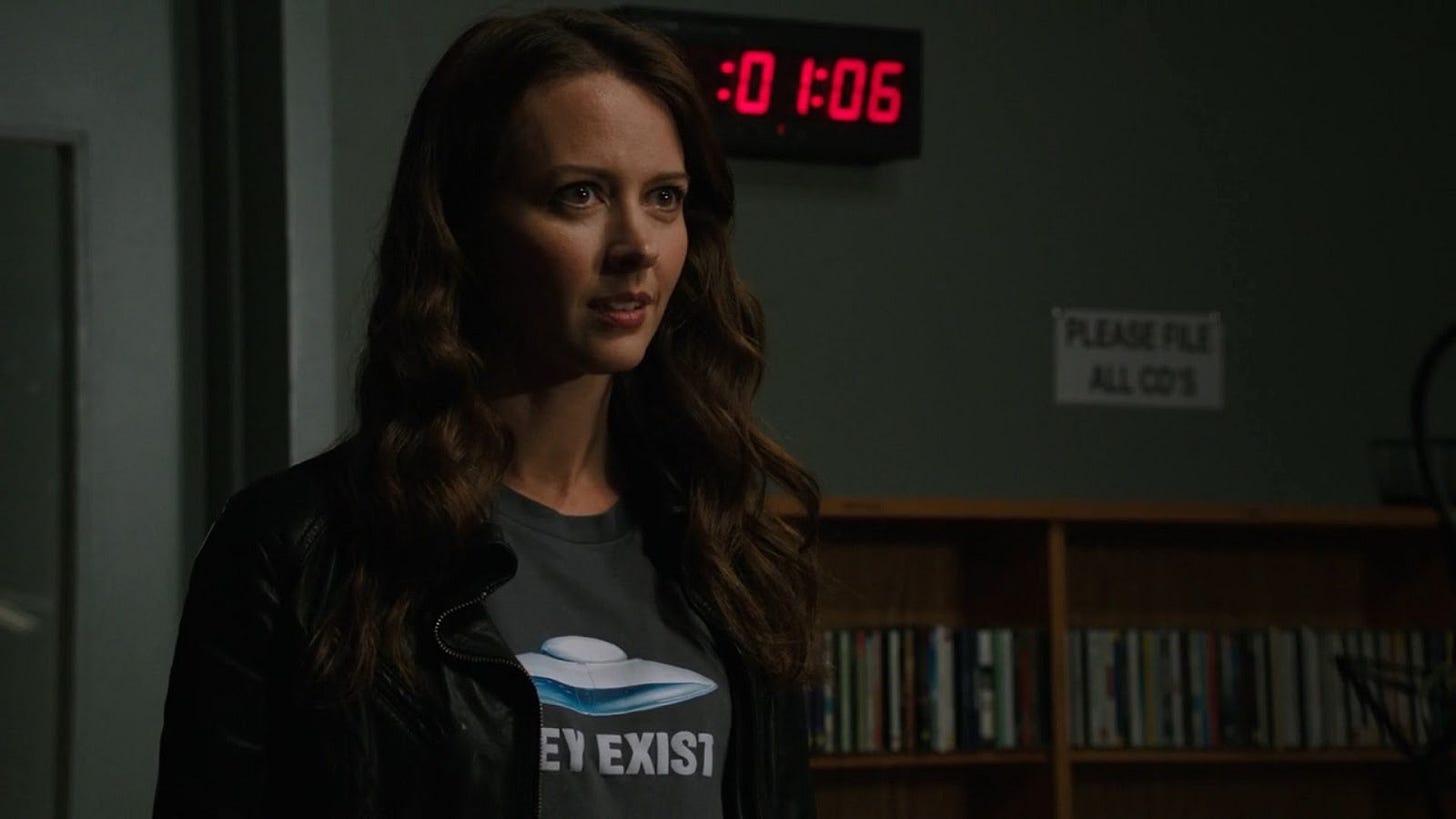
Loved reading your post. Feels like those evenings wherein I'd tune in to POI episodes. I had made a recent post about my fav character but you elaborated it so beautifully.
https://www.reddit.com/r/FavoriteCharacter/s/bL5z4Ix0Ij